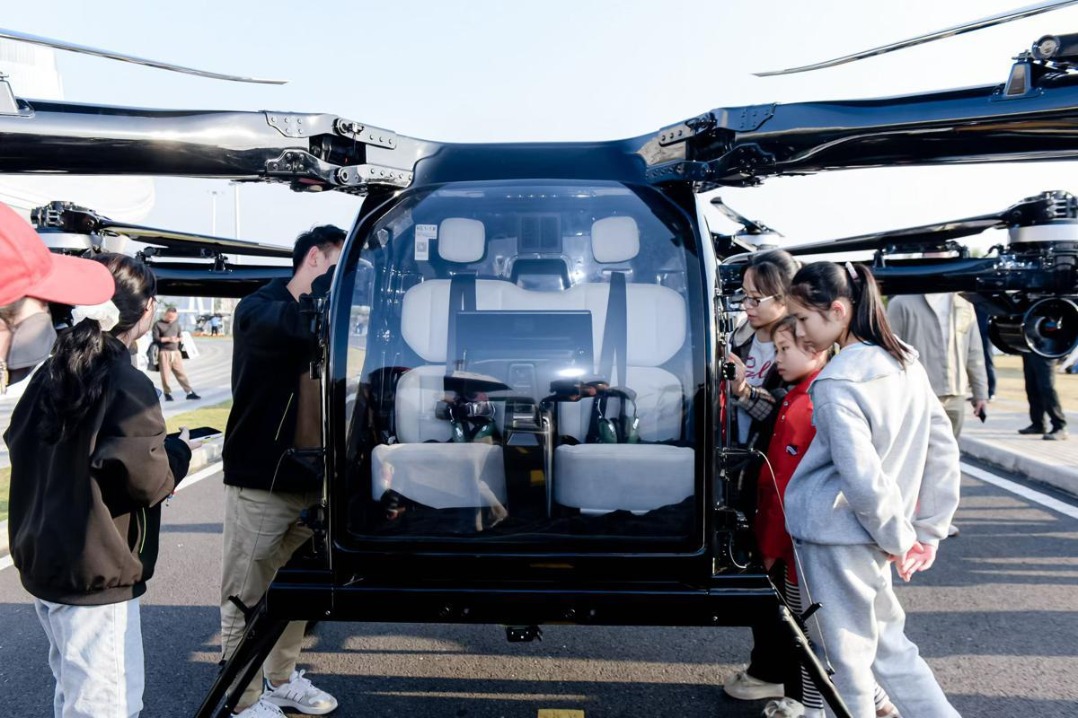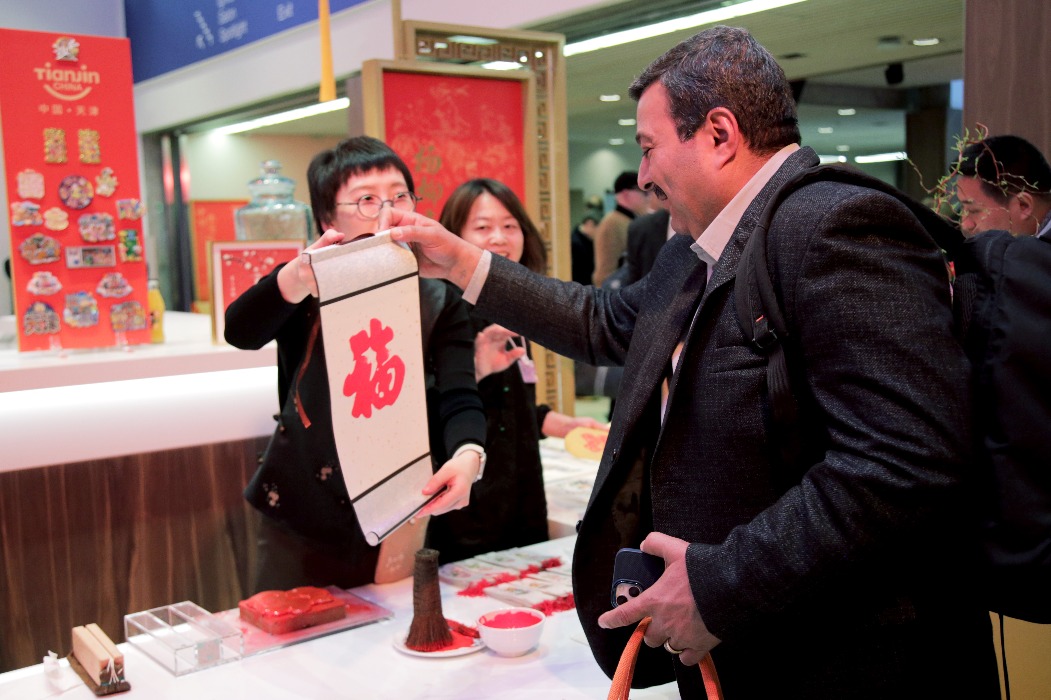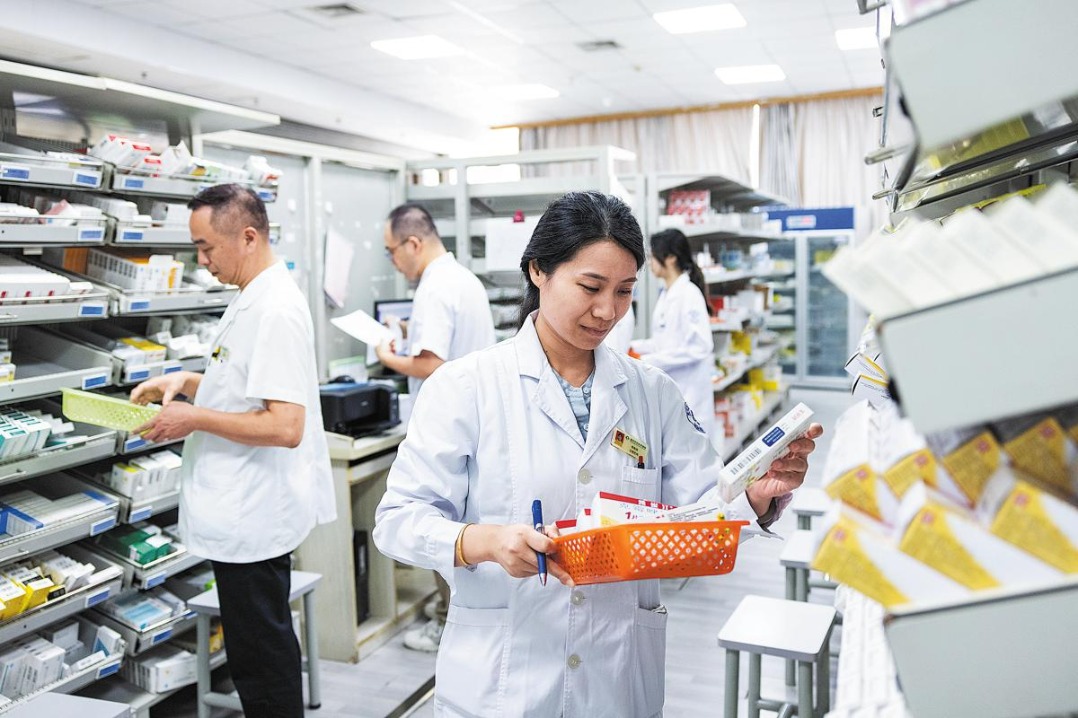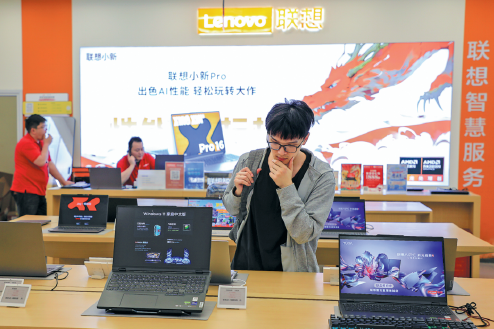Pandemic spurs desire for car ownership in China

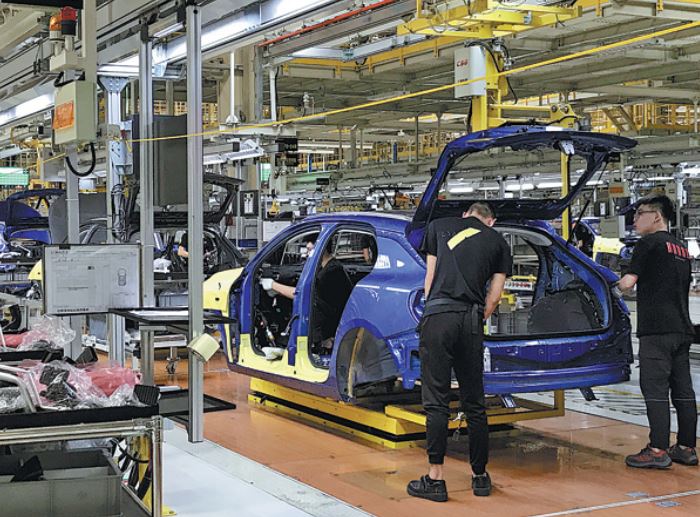
Vehicle sales for 2020 are likely to see a slide in the single digits instead of double digits as many organizations had estimated, Gong said.
In terms of China's new energy vehicle initiative, UBS said the pandemic will have little effect.
"It may have affected some carmakers' financing," he said. "But long-term goals, like China's goal of electric cars accounting for 25 percent of the country's total sales by 2025, are immune to the pandemic."
New York-based consulting firm AlixPartners has a similar estimate about 2020's sales.
"In China, which has now experienced a rapid 'v-shaped' rebound during April and May of 2020, we expect to end the year with a 9 percent decline in sales for 2020," said Shiv Shivaraman, AlixPartners Local Market Leader for Greater China.
But Shivaraman does not expect China's auto sales to return to the peak seen in 2017 before 2025.
The company's global sales forecast for 2020 is what the firm calls a "mixed-speed recovery", with China recovering the fastest, to 22.5 million units; followed by the US, at 13.6 million; and Europe, at just 14.1 million.
Stephen Dyer, managing director in AlixPartners' Shanghai office and head of the Greater China Automotive practice, said: "The impact of the COVID-19 crisis globally is as if a market the size of Europe had vanished for the year."
AlixPartners estimated that the global auto industry faces a cumulative volume drop of up to 36 million vehicles between 2020-22 following poor sales in 2019.
Added to this is $72 billion in new debt added since early March, due to lockdowns, slow restarts and lingering blows to consumer confidence and employment.
"Clearly, automakers, suppliers, mobility players and all others connected to this industry need to be microscopically selective with their capital-allocation decisions-closely and unsentimentally examining each and every program and spend for its cash and profitability implications," said Dyer.
"To weather the storm, companies need to be courageous, yet forward-looking in their decisions, all the while taking full advantage of any favorable governmental policies available to them," he added.


















